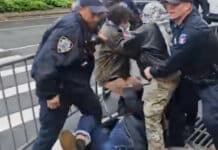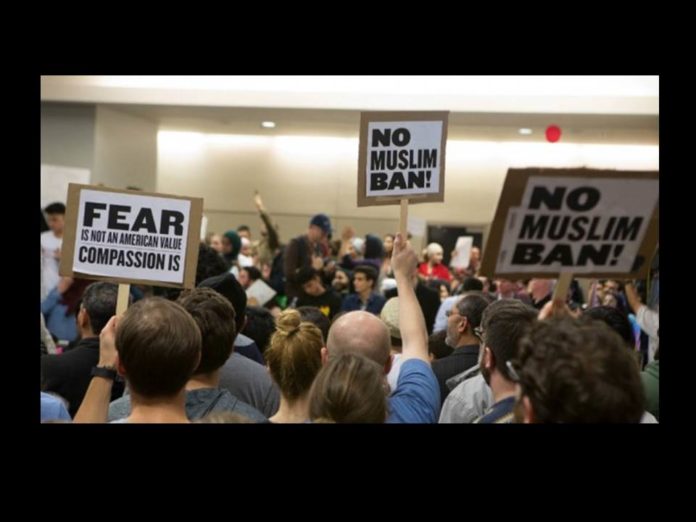Seattle, WA – U.S. District Judge James Robart, the federal judge who issued the order to temporarily halt the nationwide implementation of President Donald Trump’s initial travel ban, said he will not rule immediately on whether his restraining order covers the administration’s new travel ban, reports the Associated Press.
Robart said in an order that motions or a complaint over the revised ban need to be filed before he can make a decision on the new travel restrictions.
Washington State Attorney General Bob Ferguson said the state would ask Robart to rule that his temporary restraining order against the first ban applies to Trump’s revised action.
So far, the states of Washington and Minnesota and the Justice Department have filed notices. New York and Oregon asked to join Washington’s legal action. Massachusetts plans to follow suit later this week. Hawaii has launched its own lawsuit, reports the Boston Globe.
Five states – Hawaii, Washington, New York, Oregon, Minnesota – want to sue over President Trump’s new travel ban: https://t.co/kiYwkyBZrP pic.twitter.com/KIEuyT9fUm
— The Boston Globe (@BostonGlobe) March 9, 2017
The U.S. Justice Department said in a filing this week the original order had been revoked and the court’s restraining order does not limit the government’s ability to immediately enforce the new order.
In a response notice, Minnesota and Washington argued that sections of the new order have the same effect as the original one and the federal government cannot unilaterally decide to change a court’s previous ruling.
The revised ban blocks new visas for people from Somalia, Iran, Syria, Sudan, Libya and Yemen and temporarily halts the U.S. refugee program. Iraq was dropped from the original list of countries. The original order said current visa holders would not be affected and removed language that gives priority to religious minorities.
The state of Washington was the first to sue over the Trump administration’s initial ban, resulting in Robart halting its nationwide implementation. The lawsuit claimed the initial travel ban was unconstitutional and hurt the state’s businesses and universities.
Ferguson said earlier this week the revised travel ban has “the same illegal motivations as the original” according to the Associated Press.
White House spokesman Sean Spicer said the administration believes the revised travel ban will stand up to legal scrutiny.
The revised travel ban is scheduled to go into effect on Thursday, March 16.

















